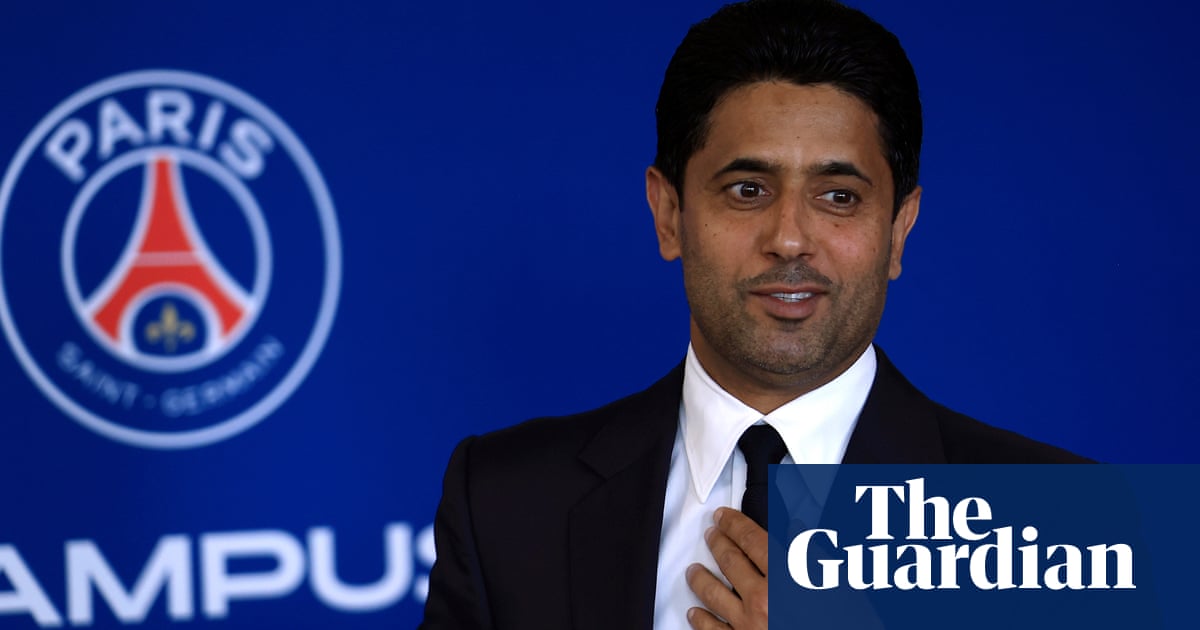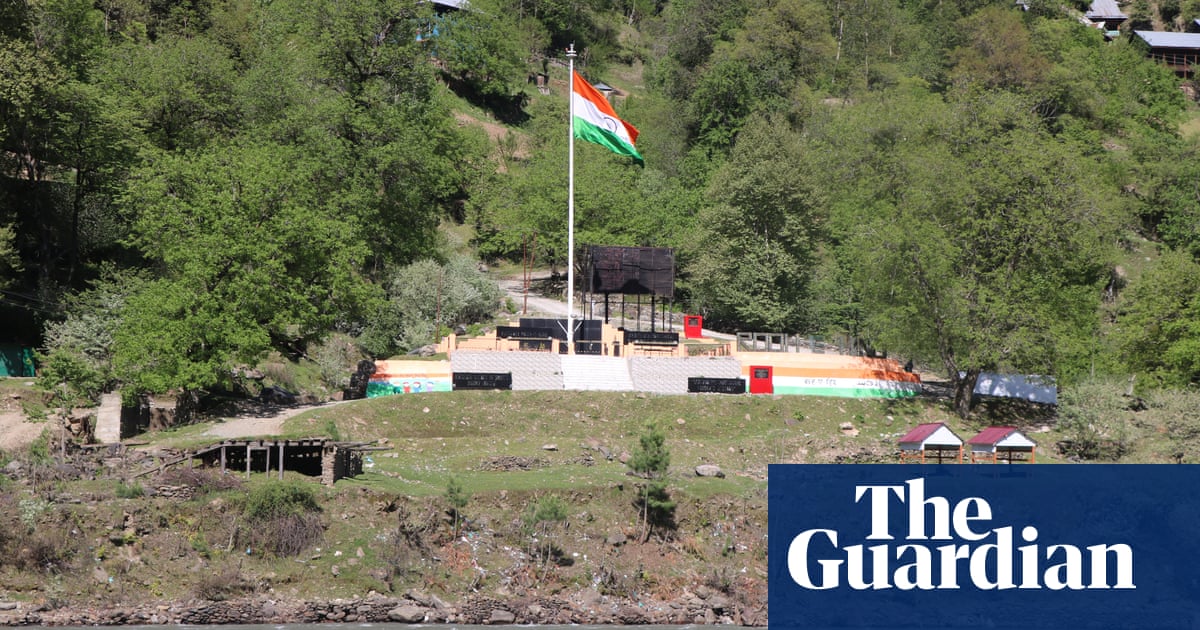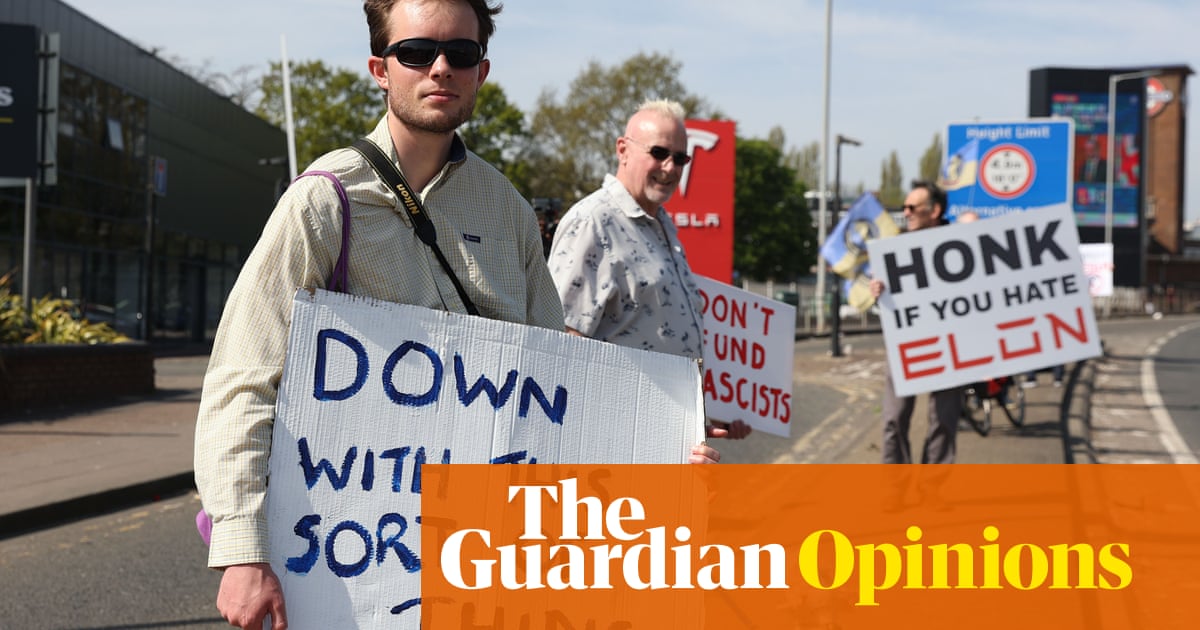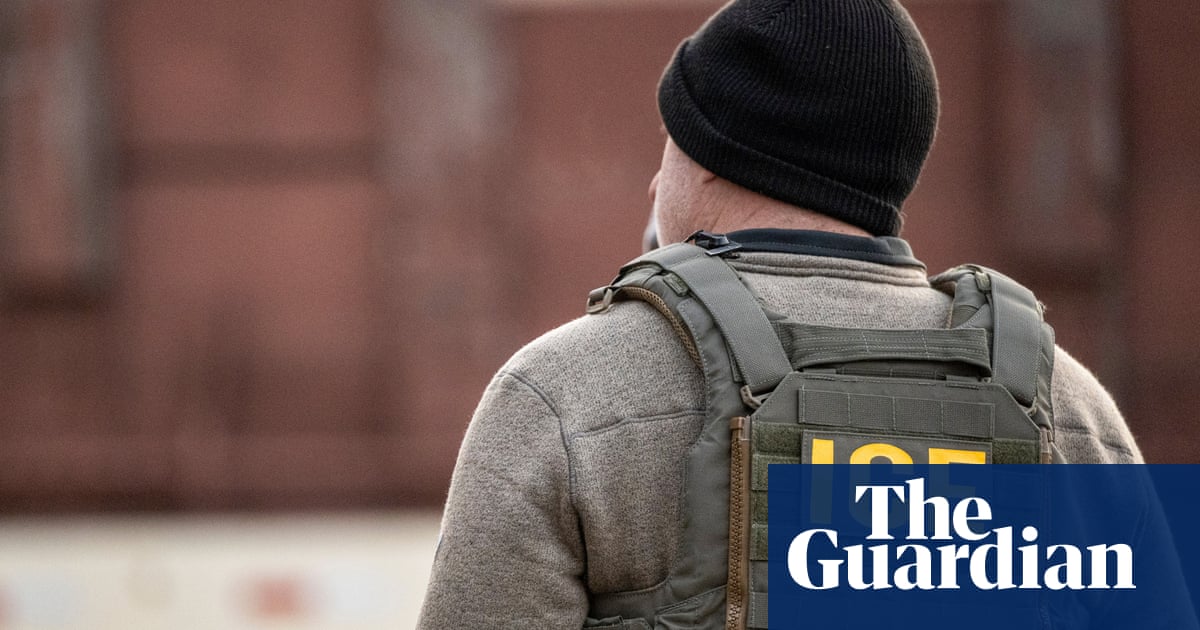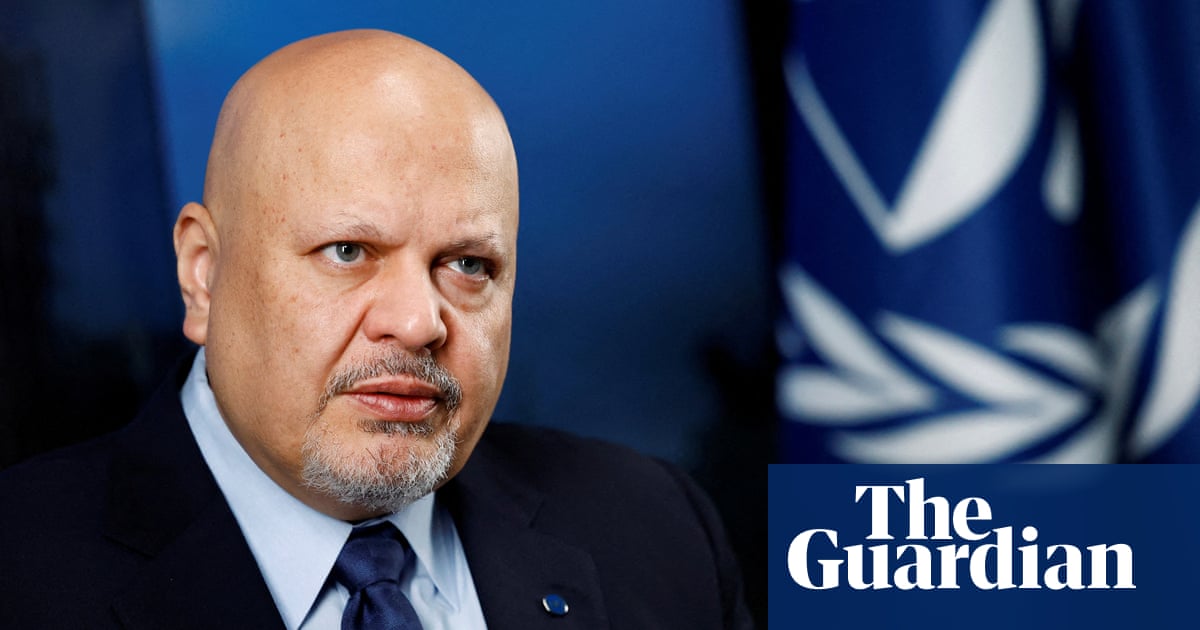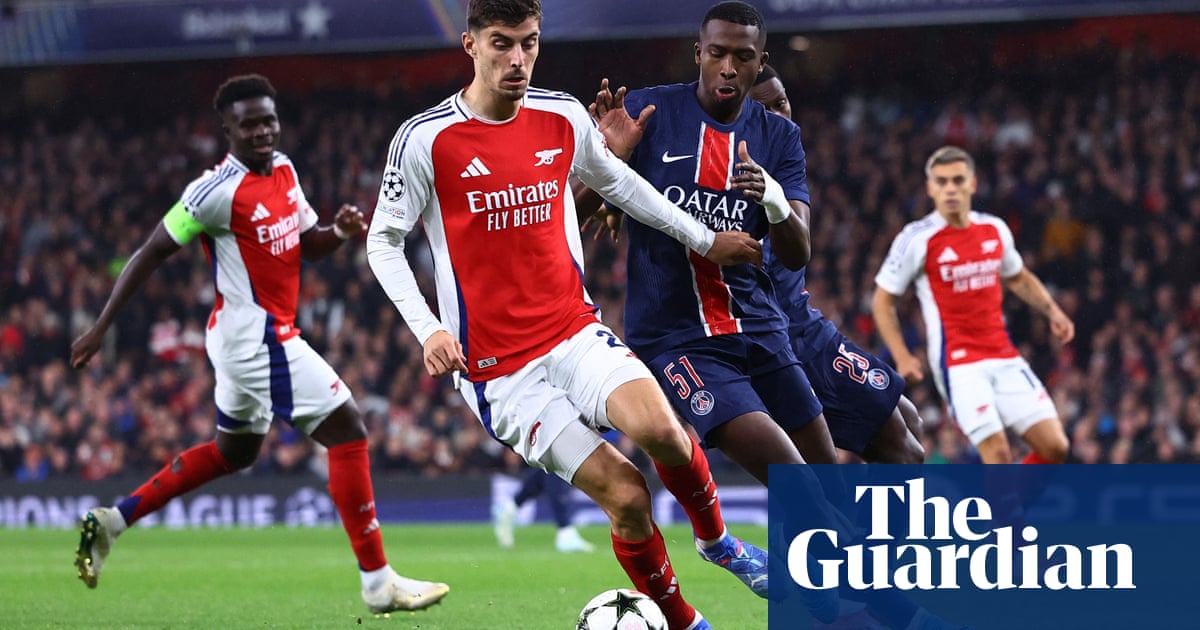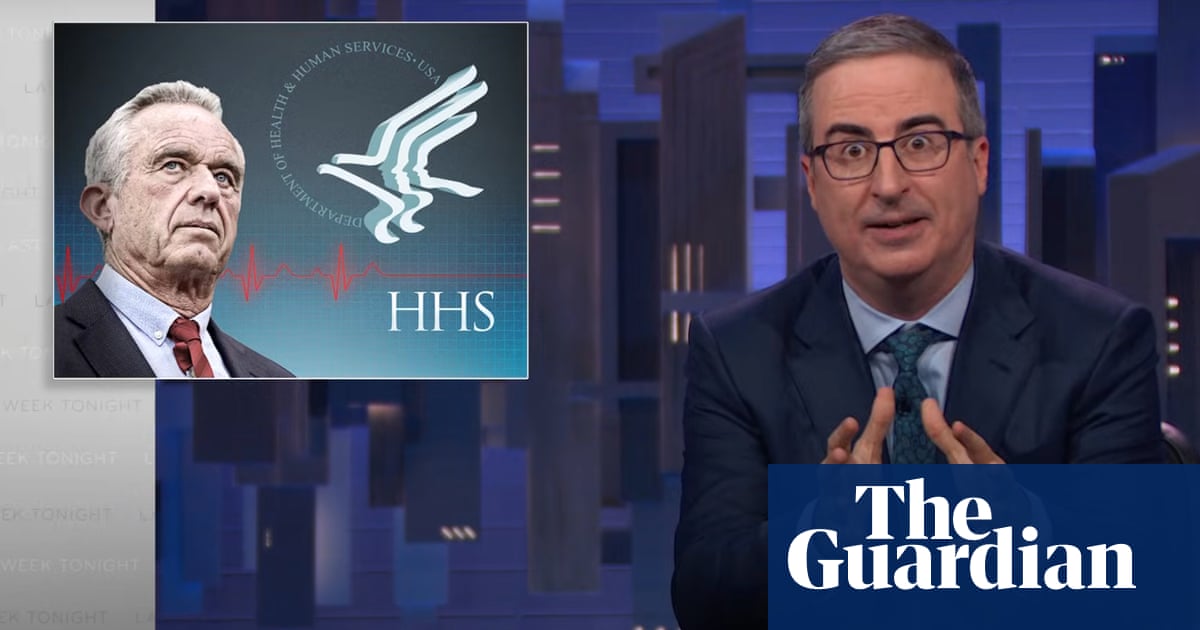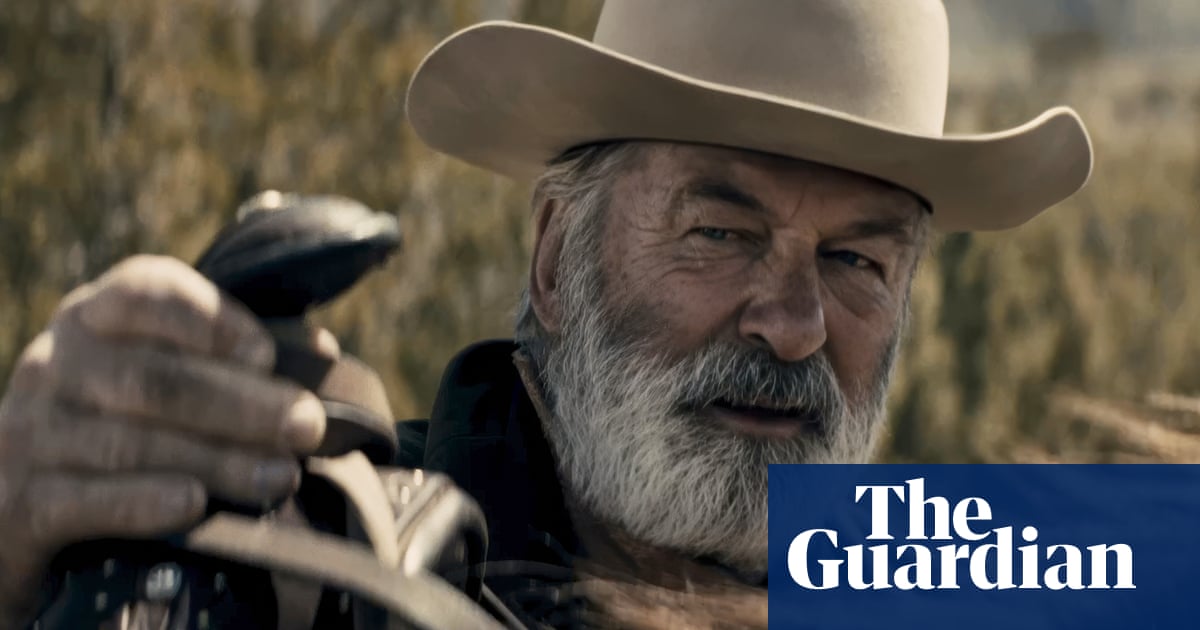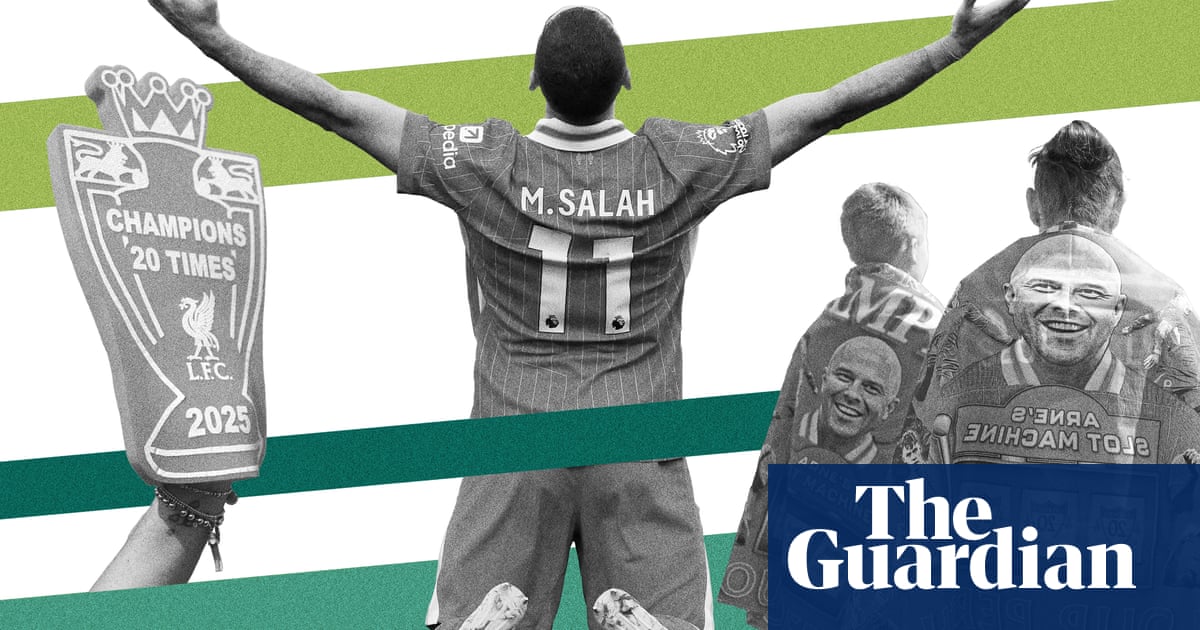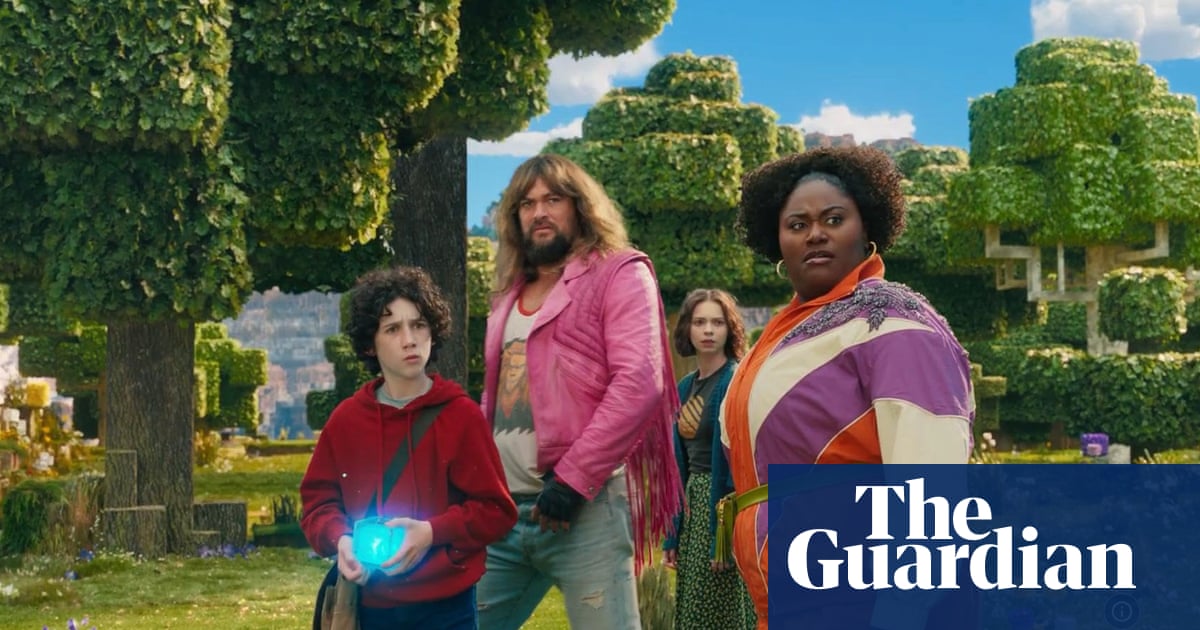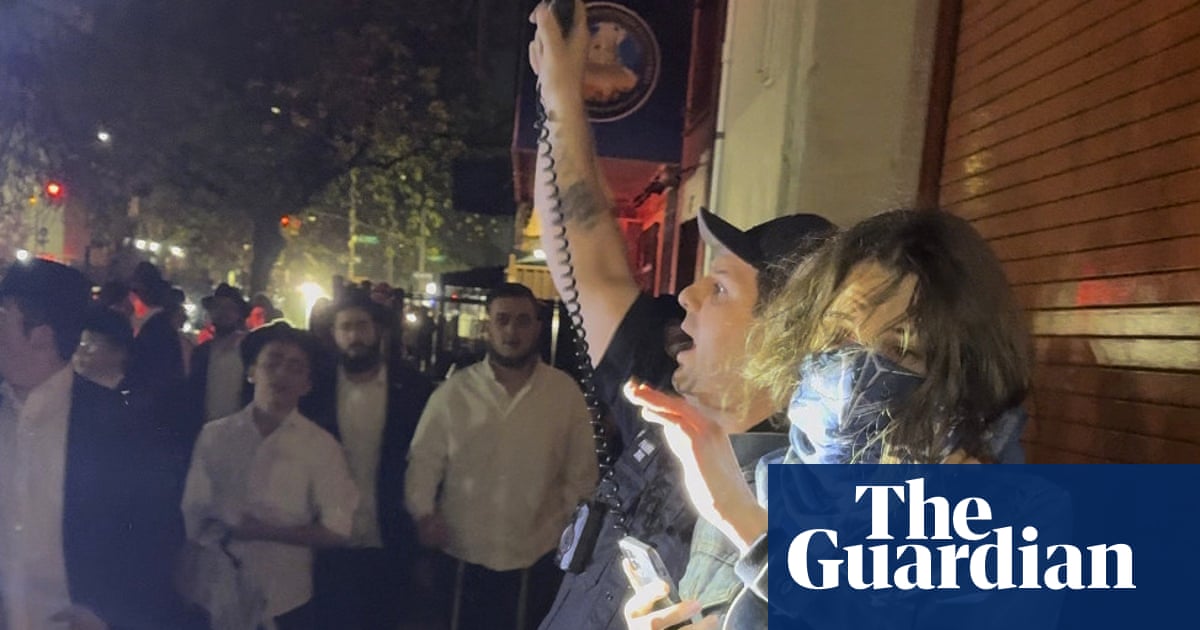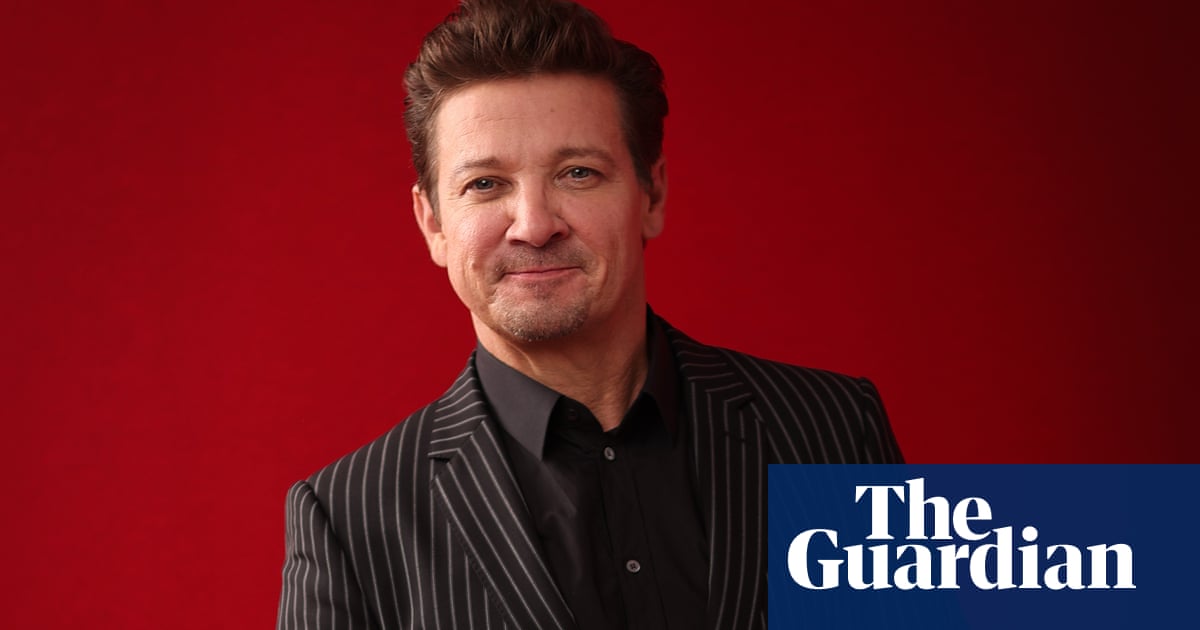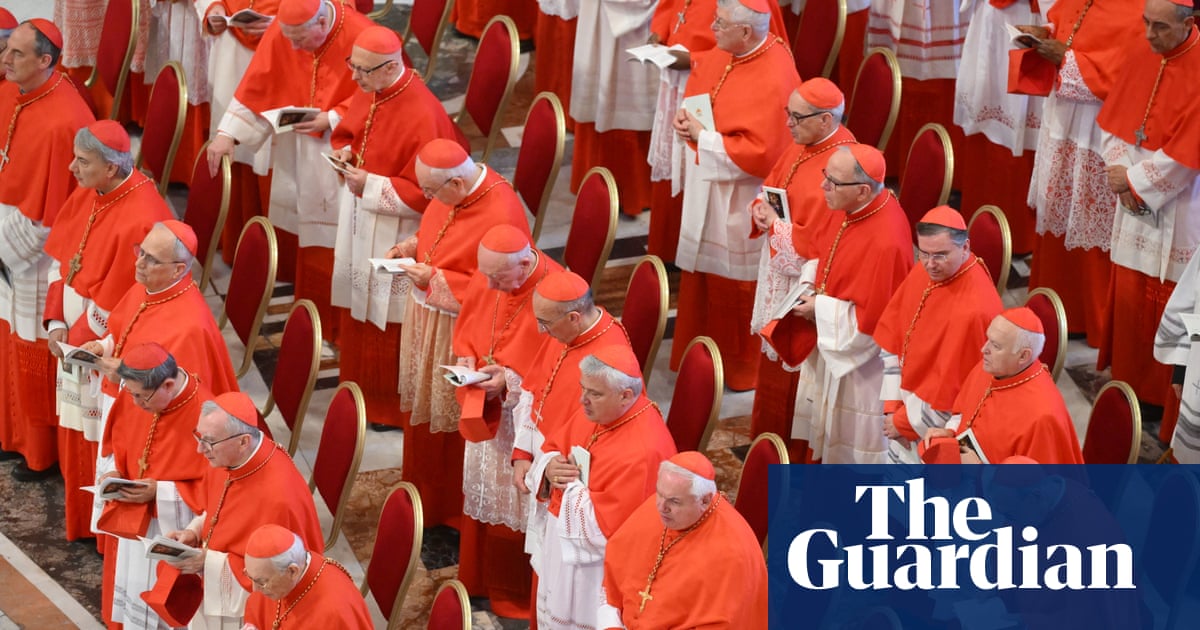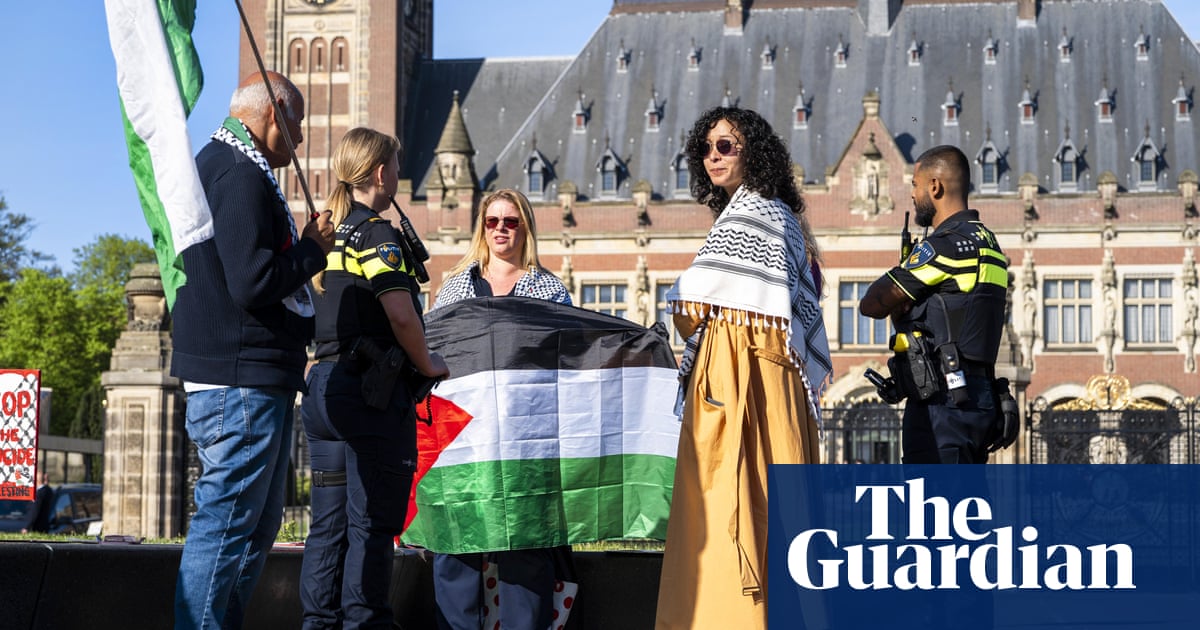Mark Knopfler, guitar/vocals/writer
I was in an appliance shop in New York and there was a big bonehead in there delivering gear. All the TVs were tuned to MTV and I overheard this guy sounding off about the rock stars on the screens. He had an audience of one – the junior at the store – and some of his lines were just too good to be true.
Things like: “That little motherfucker’s got his own jet airplane!” And: “He’s banging on the bongos like a chimpanzee!” And: “That ain’t working!” That was just the way he spoke – and in that New York accent too. The bells were going off in my head but I didn’t have a pen with me, so I borrowed one, got a bit of paper and I actually sat down in the window display area of the store and started writing out the lines to Money for Nothing as he said them.
The guitar lick is just a stomp, a two-fingered boogie. It comes from the clawhammer style and it’s got its own rhythm. It was just fun to do. But there were a whole bunch of fortunate incidents that collided with each other to create the song. For instance, I’d seen the Police on the MTV channel saying the phrase: “I want my MTV.” But they also had a song called Don’t Stand So Close to Me, so I put “I want my MTV” to that melody and included it at the start.
While we were recording the Brothers in Arms album at Air Studios on Montserrat, I remember thinking: “Wouldn’t it be great if I could ask Sting to sing that line?” We were on this tiny speck in the middle of the ocean but suddenly someone said: “Sting’s here on holiday! He’s on the beach!” So he came up to the studio and when he walked in, the first thing he said was: “What’s wrong?” I said: “What do you mean?” And he said: “Nobody’s fighting …” [unlike in the Police].

Brothers in Arms was huge. So many people wanted to see the band live. After we played Live Aid at Wembley Stadium, we ran across the car park to Wembley Arena where we were playing that night. In fact, one of the reasons why it felt like I had to scale things back was going into catering and not recognising the crew. That’s when I realised the size of it.
John Illsley, bass
We’d already had four successful albums, so the expectations for Brothers in Arms were pretty high. Thankfully Mark’s writing was sharp as a tack. At that point, we’d convene in a mews house in west London, just with guitars, an acoustic bass and a keyboard, and run through material Mark had been working on.
The Money for Nothing chords and lyrics were already there – and obviously there was Mark’s riff, which was pretty extraordinary. It’s funny: when other guitarists try that riff, they play all the right notes but don’t get the feel. We took our time, and it went from being a Mark Knopfler song to a Dire Straits song. I played the bass in a simple way, happily sitting on the chords, putting down that engine room.
Its title is ironic, because we’d been working solidly for years to get to that point. But everybody viewed us from the outside. Like: “Oh, look at them, that ain’t working, that’s just money for nothing – and they get the chicks thrown in for free.” But it was a bit like Picasso, when he’d do a quick drawing for someone and people would say: “That only took you 10 seconds.” And he’d say: “No, it took me 40 years.”

Brothers in Arms was the first record we’d made with Guy Fletcher, who was a very technical musician. He knew how to work these modern keyboards, while Alan Clark was a wonderful piano player. The two of them created that Money for Nothing intro, and Terry Williams played the most explosive drum solo I’ve ever heard. Then the riff comes in. The guitar tone you hear on the record happened by accident: a microphone got knocked to the floor in front of the speaker and it changed the sound completely.
Money for Nothing was No 1 in America while Brothers in Arms was No 1 on the US album chart at the same time. We really enjoyed that success, but the fame … not so much. After the tour, there was a definite feeling we had to put this to bed. We reconvened for On Every Street in 1991 and that tour was physically and mentally exhausting. Mark had definitely had enough. For everybody’s sanity – but mostly his – we called it a day. But I honestly still enjoy playing Money for Nothing as much now as I did then. A good song is like a good picture – it never fades.

 4 hours ago
4
4 hours ago
4


